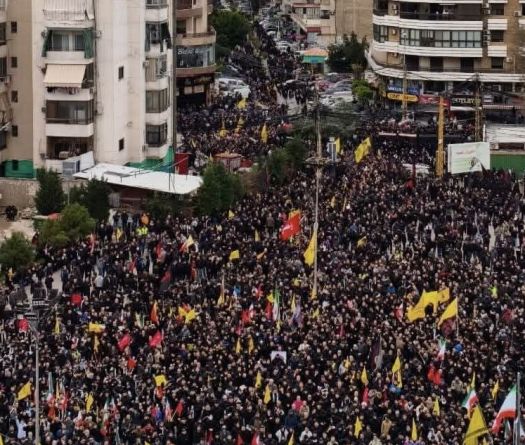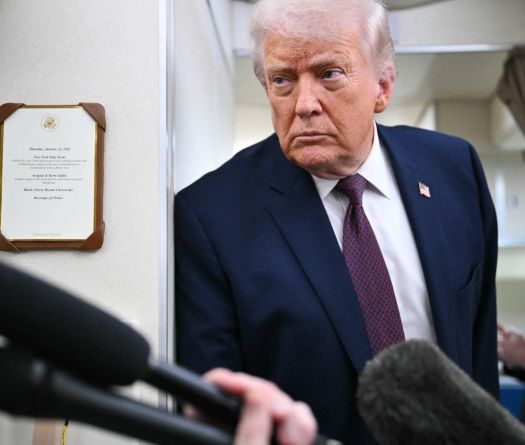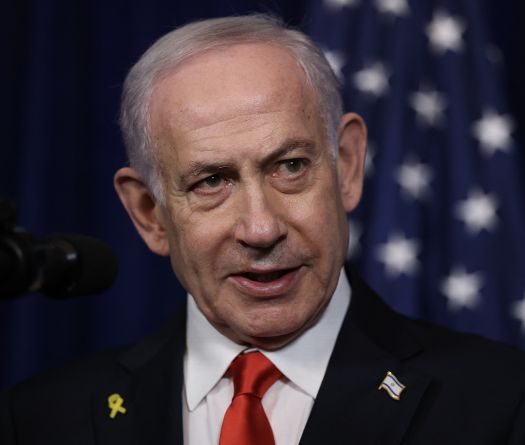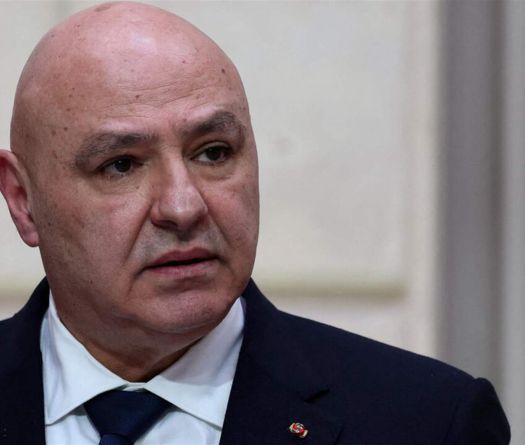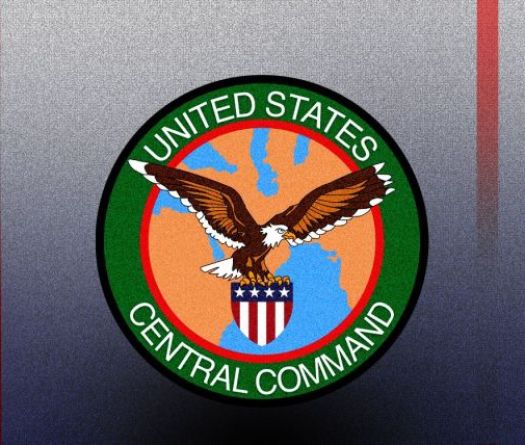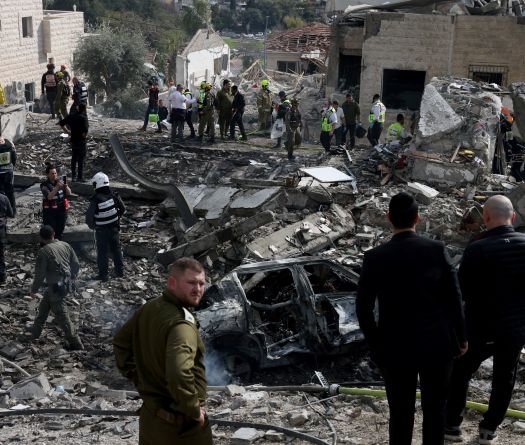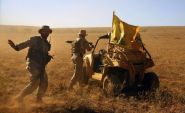
- 20:08 Dozens of civilians killed in north of South Sudan: UN
- 20:03 Turkey's Erdogan says 'saddened' by Khamenei's death
- 20:00 Conflict closes Dubai, Abu Dhabi stock markets to Tuesday: regulator
- 19:52 Protesters, police clash near US embassy in Baghdad: AFP
- 19:45 Two more powerful explosions shake Tehran: AFP journalists
- 19:40 11 still missing after deadly Iranian strike in central Israel: police
- 19:34 Iran state TV says it was targeted by strikes
- 19:26 Trump says nine Iran navy ships 'destroyed and sunk'
- 19:26 US State Department authorises departure of non-emergency personnel from Qatar: embassy
- 19:18 India beat West Indies to reach T20 World Cup semi-finals


Israel Warns Hezbollah of “Severe Blow” as Group Condemns U.S.-Israeli Strikes on Iran
This is Beirut 28/02 17:50

Lebanese Authorities Warn Hezbollah Over Escalation Risks as Regional War Rages
This is Beirut 28/02 14:10

Israeli Airstrikes Target Southern Lebanon Amid Escalation with Iran
This is Beirut 28/02 11:10

Israel Deploys 91st Division to Lebanon Border as Lebanese Leadership Warns Against “Adventures”
This is Beirut 28/02 10:15
See all
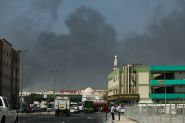

Iran State TV Says Oil Tanker Struck in Strait of Hormuz
This is Beirut 14:10


Israel Says Half of Iran’s Missile Arsenal Destroyed
This is Beirut 12:45

Iran Targets Cyprus After Khamenei’s Killing
This is Beirut 12:10
